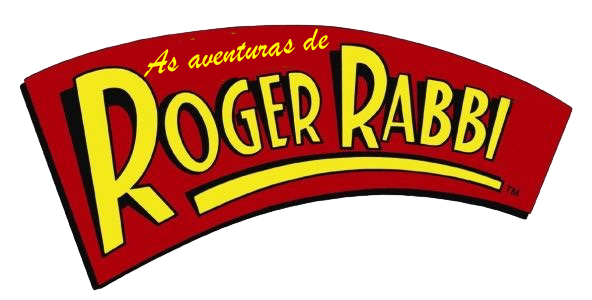“Mah ha-avodah ha-zoht LACHEM”, “what is the meaning of this ritual TO YOU?” – to “you” and not to “us”, this child asks. And you know what kind of answer the “evil” child that would ask such a question deserves. Or, at least, you think you know.
This is how Torah instructs to answer this question: “It is the Passover sacrifice to Adonai, because God passed over the houses of Israel in Mitzrayim when God struck Mitzrayim, but saved our houses.” (Ex. 12:26)
When commenting these verses, it is not clear to the Mekhilta whether it is a good sign or a bad one. To the rabbinic mind, on the one hand, it is problematic that your children won’t know the meaning of this ritual anymore, but on the other hand, it should be celebrated sign that many generations in the future, you will have children who will be in contact with your rituals. In any case, there is no sign of the contempt that characterizes the answer to the ‘so-called” rashah.
That harsher approach is developed by Mekhilta when commenting a second occurrence of a child asking about the meaning of the rituals (Ex. 13:14). In that midrash, we get the story of the four children that we know from the haggadah: chacham, rashah, tam, and she-einoh yodeah lish’ol. Three of the children receive answers that seem appropriate to their interests, but the “rashah” is all but excluded from the community: “if you had been in MItzrayim, you would not have been redeemed.”
The difference between what the Biblical text says and the way the Rabbis interpret it is astonishing! As we saw, the question that the Rabbis considered “evil” received a fairly innocent answer in the Torah. There, it was the child that doesn’t ask a question that received the tougher answer (Ex. 13:8.) And nowhere we are instructed to teach the detailed norms of kashrut le-Pesach, the answer that the midrash assigns to the “good” kid.
A professor of mine, Rabbi Stephen Pasamaneck, used to say that “the Torah means whatever the Rabbis say the Torah means”, but it is easier for me to accept when they transform “an eye for an eye” into financial compensation than when they transform texts that instruct us to transmit the story of the formative event of our communal history into an attack on the challenging members of our own community.
I don’t know why the Rabbis were so angry at their challenging children and their constant pursuance of meaning, but I find the message carried by this midrash dangerous. If I have learned anything from being a parent is how inappropriate and counter-productive this kind of chastisement is and I want to publicly reject it. I keep it at my Passover seder, as the starting point of a conversation about othering and inclusion, and how to embrace those in our communities who don’t feel totally comfortable with part of our tradition and how to create the safe space for them to explore their questions.
An environment not so different from the one we live in right now in the Jewish community. Last year, Abby Backer, an undergraduate student at Columbia University, visited a synagogue in Stamford, Connecticut, together with JStreet’s president, Jeremy Ben-Ami. Abby tells that, as she was leaving the place,
An elderly woman confronted [her] in the synagogue lobby. “I should spit on you!” she yelled at [her] in front of a group of shocked onlookers. “Excuse me?” [Abby] replied. Glaring, she taunted: “Are you a Palestinian? You must be a Palestinian!”[1]
Another professor of mine, Rabbi Reuven Firestone, who is a scholar of Islam, told us that we would be shocked if we searched our holy literature for expressions of lack of tolerance for diversity. The midrash of the four children is certainly one of these expressions, and the reaction Abby experienced in Stamford is a result of the mentality it might engender.
“You are either with me, or against me.” Having grown up in a country that was ruled by a dictatorship, this kind of position is neither unknown nor tolerable to me. Denying the right of members of our community to wrestle with our tradition, with our communal policies, and with Israel, will only result in their alienation and total disengagement from the Jewish community. As a self-fulfilling prophecy, by threatening the “rashah” with exclusion from the community, we are actually sending them away.
As we count the days for matan Torah and, as do many of us here, for matan semichah, may we be blessed with the wisdom and the ability to foster communities that open their doors wide and welcome everyone who wants to engage.
